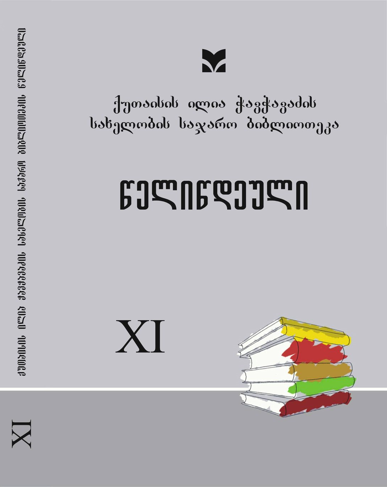For the Relation of the Chronicles: „Every Kartli“ and „Kolkha“
DOI:
https://doi.org/10.48614/yk.11.2019.160-172Keywords:
Kartli, Kolkha, Georgia, Georgian, Kolkhi, Kola, CartuAbstract
Greek or Urartian sources show that at the turn of the II-I millennia there was undoubtedly the strong state of Colchis created by the Kartvelians. Archaeological data can give us some idea of its boundaries. According to modern studies, the Colchian (same as - Kokhur Kobanuri) culture was organic not only in present-day western Georgia but also in eastern Georgia up to the Mtskheta-Tskhinvali line, in the Western part of the North Caucasus, in historical Tao-Klarjeti and Lazeti. According to archeological materials, looks like:
At the end of the Bronze and Aderkin eras, circa BC. At the turn of the VIIVI centuries, the Colchian culture came into existence; It seems that at this time, Didikolkha was finally destroyed, which for 600-700 years included approximately the area that archaeologists call the area of ‘Colchian archeological culture’. Living in a common cultural-state field for six centuries is enough time to form a nation united by language and way of life. The language of the Colchian culture should be assumed to be the common Georgian language, the language from which the literary language of the Georgians is derived and all the Kartvelian subsystems known today.
After a total of 200-300 years, BC. At the end of the 4th century, the state of Kartli, known to us from Georgian sources, whose borders are about the same as that assumed by the Colchian archeological culture, will be restored as the successor of this state; Compare, map of the state of Kuji and Parnavaz:
According to the conclusion presented in the paper:
1. Both historical Colchis and late Kartli included approximately the same territory. The united state of Kuji and Parnavaz - Kartli - was soon rebuilt on the ruins of Kolkha in the recent period (after Diaokh);
2. Historical Kolkha, its successor, the creators of the centuries-old (23rd century!) “Kartli” (the same Iberia) or the state language and culture of the Georgian state are the inhabitants of western Georgia (Old Egri or late Odisha), as well as southern and eastern Georgia.




